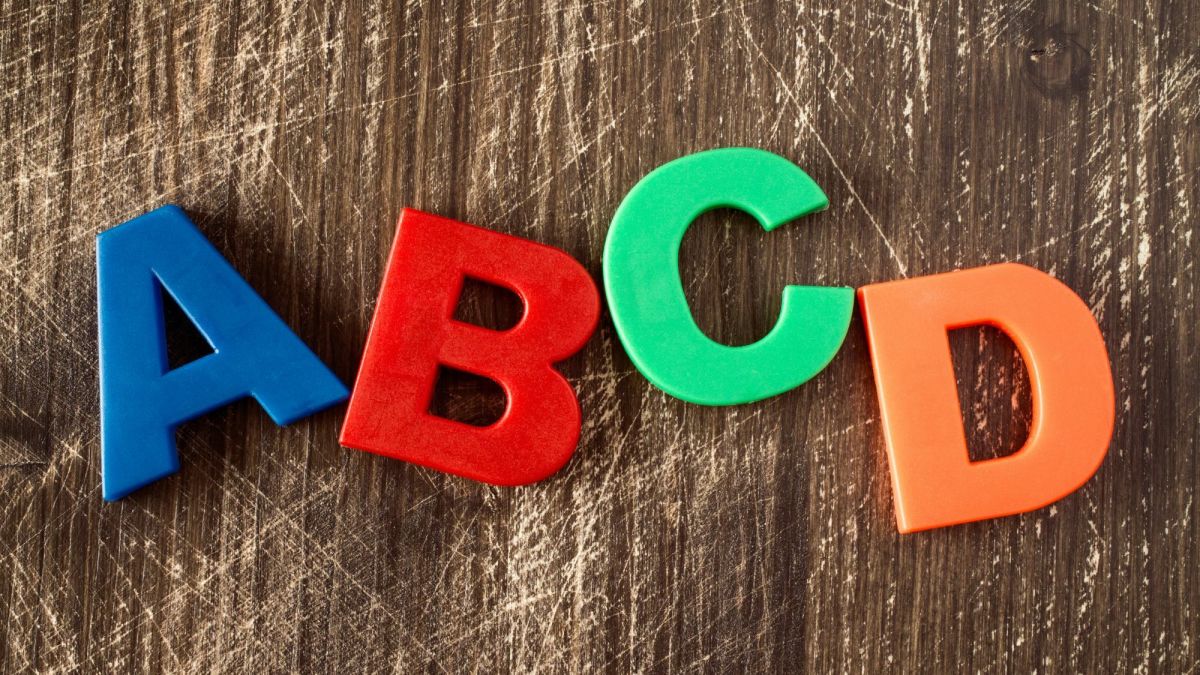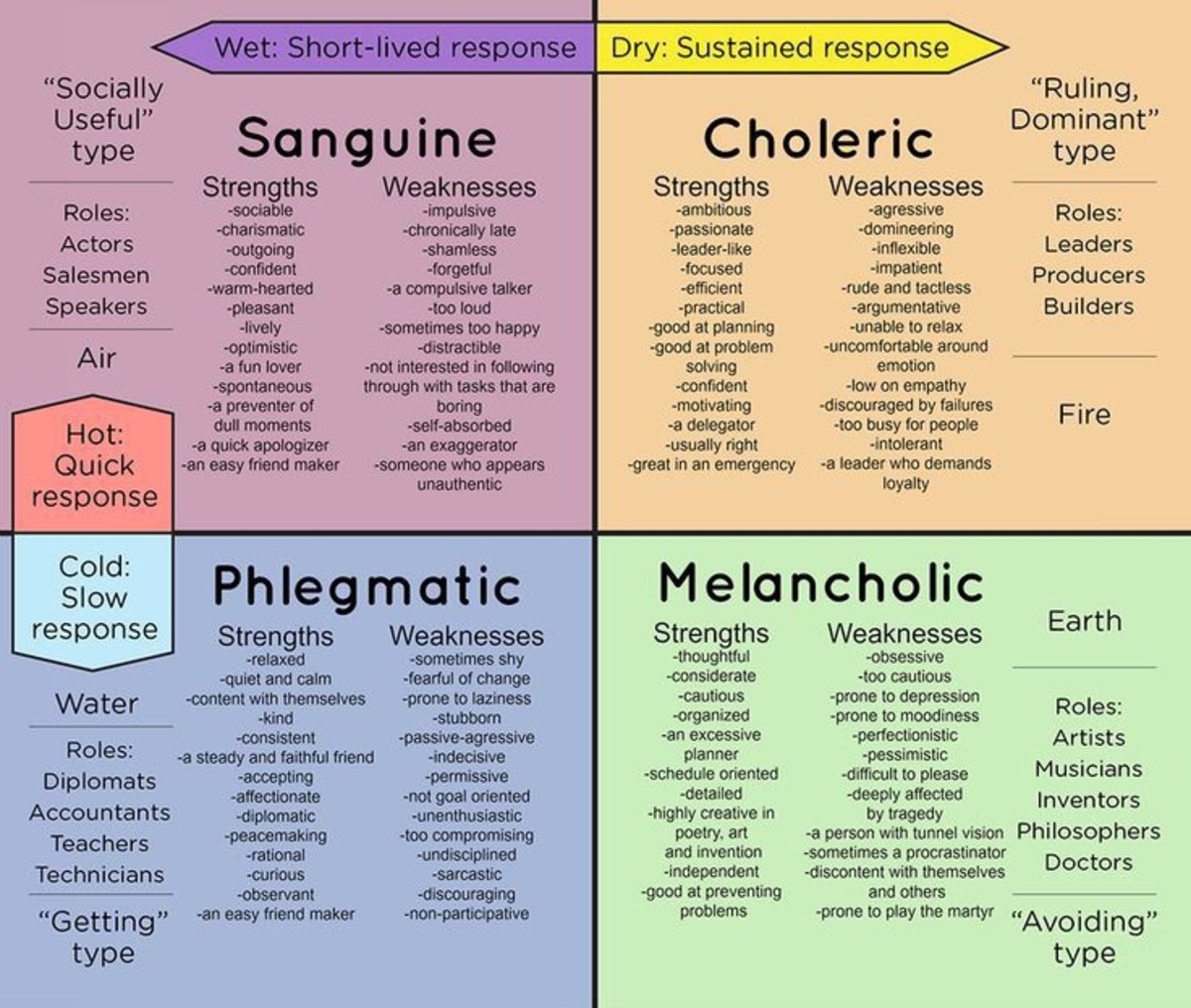comparing personality tests
Myer Brigg vs Jung Typology Test
Personality tests have proved useful in categorizing the different traits/ characteristics that one may otherwise not be aware of. The tests tend to evaluate a variety of thoughts, attitudes, emotions and behavioral traits comprising the personality of an individual, and through the results obtained, these tests can help determine a variety of personality strengths and weaknesses as well as disturbances in the personality of an individual or psychopathology. Moreover, personality tests can be used for;
- Self- reflection,
- Job placement,
- To learn how to better interact with others,
Comparison
Whereas the four temperament test tends to observe the long term behaviors of an individual, the Myers test basically describes what individual have in mind. On the other hand, a linear four factor model is used in Myers test to characterize invariant patterns of behavior of an individual throughout his or her life. With the temperament test a systems field theory is used for the purposes of characterizing the patterns.
One of the strengths of the Myers-Briggs over the four temperaments is the fact that Myers- Briggs Test tends to be more specific. Whereas the temperament test gives more of a general knowledge, the Briggs test gives more depth within the two primary and secondary to determine specific traits in two of the temperaments an individual is in.
Some of the strengths of Myer Briggs test
Briggs/ Jungian Type framework are composed of a variety of complexity in to a deceptively simple model. The dynamic entities described present vast descriptive potential.
This test is only composed of 8 elements making it significantly simple and minimalistic.
With this test, negative personality traits such as neuroticism are avoided, which helps describe individual differences as normal.
One of the weaknesses of the test revolves around its simplicity. As is the case with the temperament test, Jung's typology is treated as a static system rather than a dynamic one.
Although one of the strengths of the four temperament tests lies in the fact that it provides results on the basis of long term behaviors of an individual, it has a weakness in that it provides more general results.
The Briggs test has also proved to be as good, as and even better than other personality instruments in terms of reliability where the scores are treated as continuous scores. Moreover, results obtained from re- tests have been shown to be the same about 75 to 90 percent of the time, and when there is a change on re- test, it is usually on one of the dichotomous pairs (E-I or S-N).
Although I found the temperament test to describe my temperaments well, the Jung/Briggs test proved to be more effective in that it was more specific and descriptive of my personality more effectively, which is the why I would prefer the Myer Briggs test for personality.








